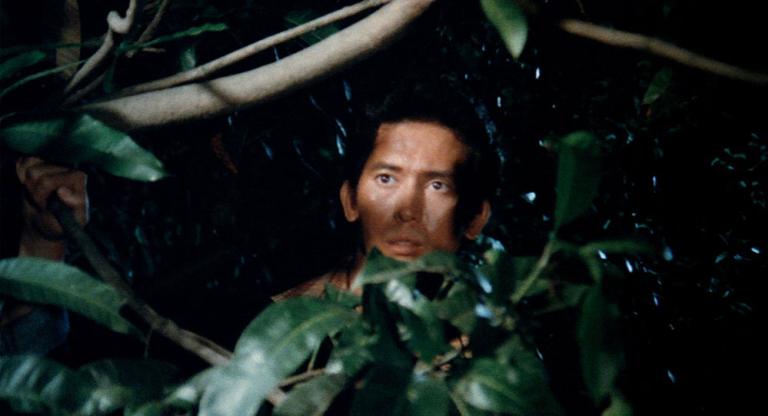In the years preceding Lawrence Lau’s kitchen-sink dramedy Spacked Out (2000), rampant film piracy and political reconfigurations created a vacuum in Hong Kong’s film industry. The 1997 handover of Hong Kong from the United Kingdom to the People’s Republic of China meant the added imposition of Communist Party censorship boards on co-productions with mainland companies, and the subsequent Asian financial crisis drastically reduced regional film markets. This squeeze also shifted attention to independent filmmaking, particularly modes of social realism examining craggy illegal businesses, brothels, crime syndicates, and gang fare. There was a sense of disillusionment with the government onscreen as exemplified by the corruptible, subaltern youth of Hong Kong, many of whom experienced health crises as a result of accessible drugs, inaccessible healthcare, and institutional neglect.
Spacked Out was produced by Johnnie To’s company, Milkyway Image, itself an effort to configure a stripped-down, arthouse collection of ’90s proletarian fiction. In the film, four teenage girls slouch around Tuen Mun: Cookie (Debbie Tam), a soft-spoken 13-year-old who becomes pregnant; Banana (Angela Au), a coquettish girl with a Filofax of phone-sex clients; Sissy (Christy Cheung), who revels in mass flirtation; and Bean Curd (Maggie Poon), Sissy’s butch, drug-dealing girlfriend, agitated with her flirting. The group hustles for cash to fund an abortion (“You’ll have bigger tits, a thinner waist. An overall improvement!” says Banana about the procedure) while Cookie wistfully reflects on her young life.
The spirit of piracy also runs deep in Spacked Out, as Cookie’s boyfriend ignores her calls from Mong Kok, the shopping district where he is off selling bootleg VCDs. There is a hangover of neglect here which points back to the central government—withdrawing from the responsibility of caring for the youth, instead chasing capital accumulation with illicit schemes. “Sometimes it feels like I burst from a rock,” Cookie says, thinking of her absent parents. Between this sense of emotional privation; the soft and richly saturated imagery of derelict buildings and shopping centers; and plush, plasticky scenery—mobiles, dollhouses, inflatable decor—Spacked Out functions as a portrait of the open-circuit temperament of late-’90s Hong Kong.
Spacked Out runs through January 4 at Metrograph in a new digital restoration as part of the series “Hong Kong 1997.” Tonight, December 29, the screening will be followed by a conversation between the actor Christy Cheung and the scholar Xueli Wang.




